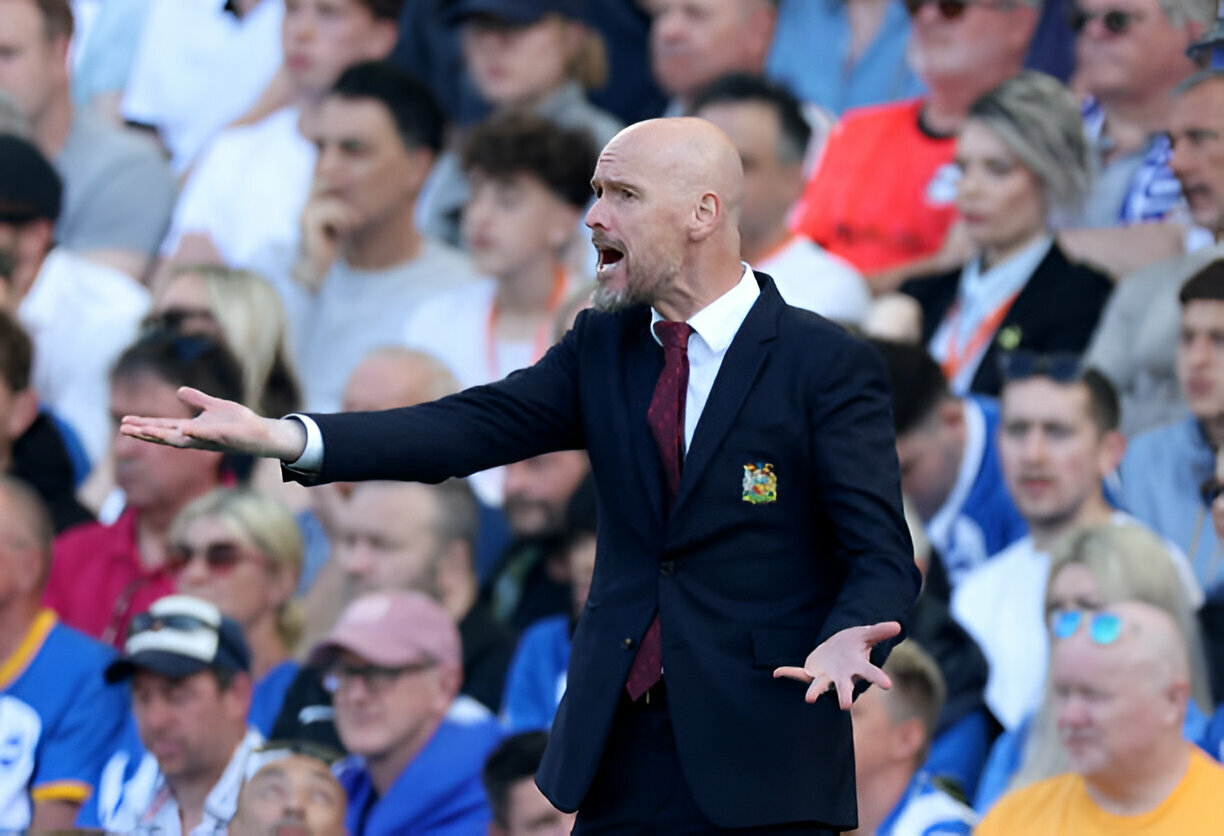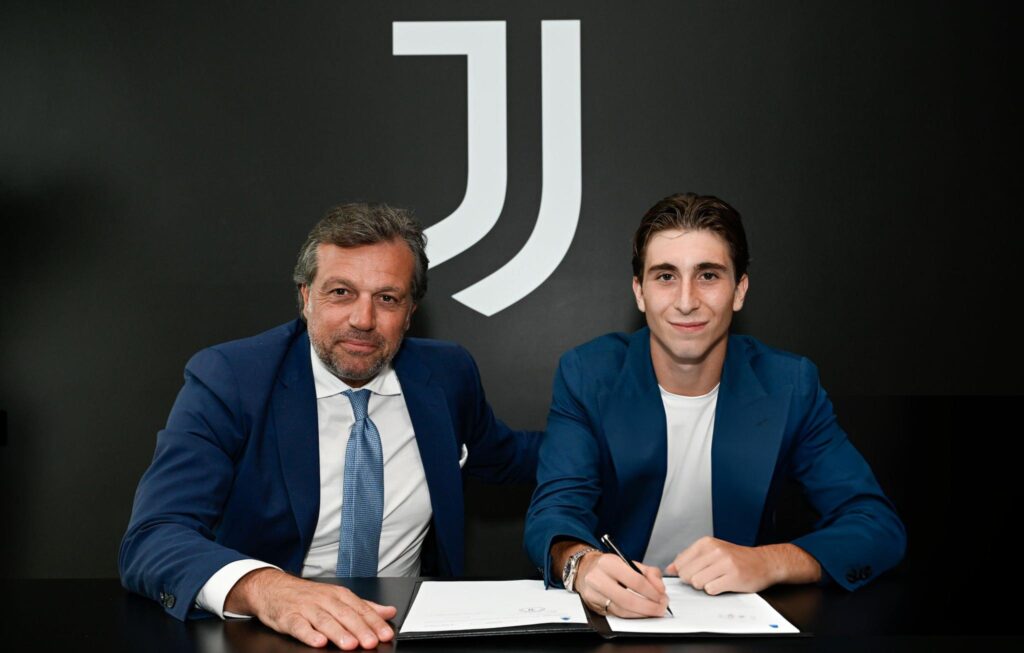Manchester United: Erik ten Hag Warns Future Manager About Challenges Under Sir Jim Ratcliffe and INEOS

Erik ten Hag, the current manager of Manchester United, has issued a stark warning to his potential successor, highlighting the formidable challenges posed by the club’s ownership and management expectations. Despite achieving notable milestones in his first season, ten Hag’s tenure has been overshadowed by a series of setbacks and overwhelming expectations from both within and outside the club. This article explores the current situation of the club and issues regarding Manchester United future managers under the ownership of Sir Jim Ratcliffe and INEOS.
Ten Hag’s Initial Success and Subsequent Struggles
In his debut season at Old Trafford, Erik ten Hag made significant strides, securing the Carabao Cup, guiding the team to the FA Cup Final, and clinching a third-place finish in the Premier League. These accomplishments were seen as a promising start to his managerial stint, reflecting a rejuvenated Manchester United poised to regain its former glory.
However, the following season unravelled ten Hag’s progress, with the club finishing eighth in the Premier League, their lowest position in history, and ending with a negative goal difference. The Dutch manager candidly described the season as “crap,” acknowledging the disappointment and unmet expectations surrounding the team’s performance.
Unrealistic Expectations and External Pressures
Erik ten Hag has been vocal about the unrealistic expectations imposed on Manchester United managers. He highlighted the dissonance between the internal satisfaction within the club and the external criticisms that often overshadow genuine progress. Speaking to Voetbal International, ten Hag expressed his frustration:
“Let me be clear, it has been bad. It has been crap. But despite everything, we are going to play an FA Cup final.”
Ten Hag emphasized the historical context, noting that Manchester United last won the Premier League in 2013. Despite this long drought, the expectation to win every game and compete at the top remains intense and often impractical given the current state of the club. He pointed out that the team’s success last season should be viewed as foundational steps in a larger rebuilding process.
The Reality of Managing Manchester United
Ten Hag’s candid remarks underscore the immense pressure associated with managing a club of Manchester United’s stature. He shared his perspective on the internal and external dynamics, saying:
“We were supposed to start building something and we made the first steps last year, but then you find out how big this club is and that nobody is ever satisfied.”
The disconnect between internal assessments and external expectations creates a challenging environment for any manager. Within the club, there was recognition of the progress made under ten Hag, but outside voices often diminished these achievements, focusing instead on the failures to win more prestigious titles and maintain consistent top-tier performance.
Implications for Future Managers
As Sir Jim Ratcliffe and INEOS prepare to take a more active role in Manchester United’s operations, the warning from ten Hag becomes particularly pertinent. Future managers must be prepared to navigate the complexities of high expectations, limited patience, and the intense scrutiny that comes with the job.
Ratcliffe’s impending influence raises questions about the strategic direction and support that will be available to the next manager. If ten Hag’s experience is any indication, the new manager will need to strike a delicate balance between managing expectations and fostering genuine progress within the club.
Erik ten Hag’s tenure at Manchester United has been marked by both significant achievements and profound challenges. His candid warning to future managers sheds light on the high-pressure environment that comes with leading one of the world’s most famous football clubs. As Manchester United moves forward under the ownership of Sir Jim Ratcliffe and INEOS, it remains crucial for any incoming manager to be prepared for the unique and demanding landscape of expectations, scrutiny, and the quest for success.
